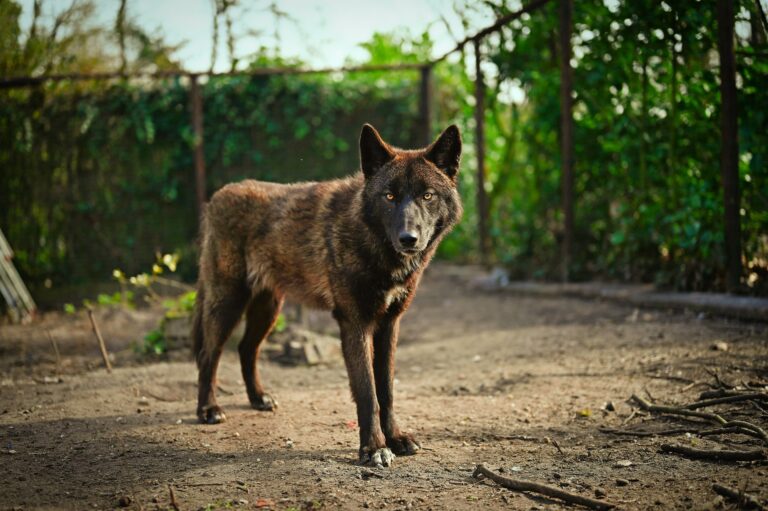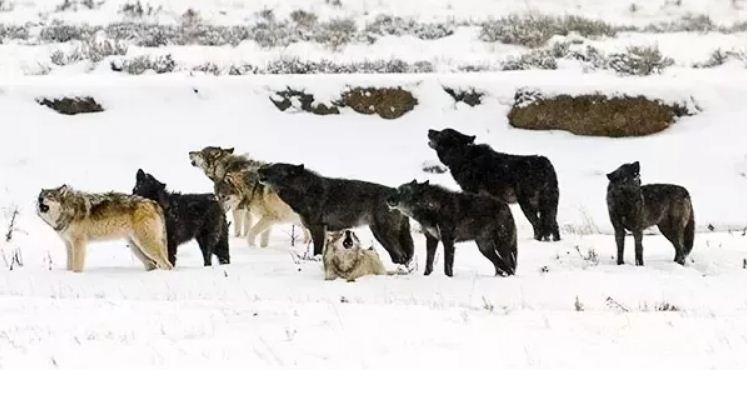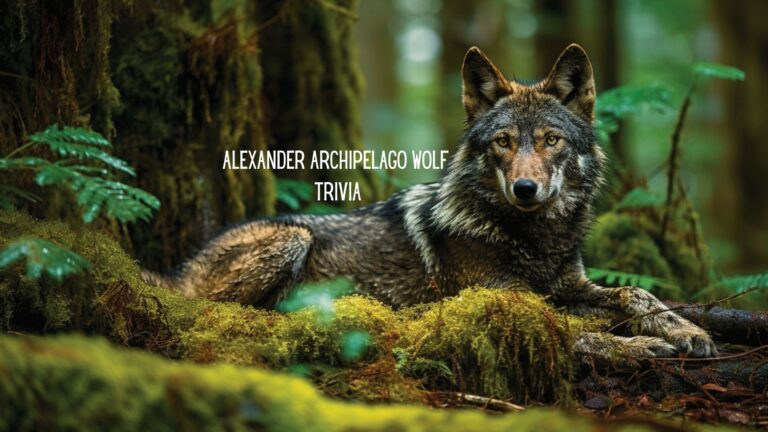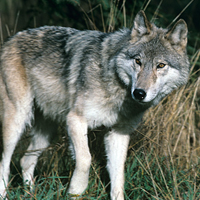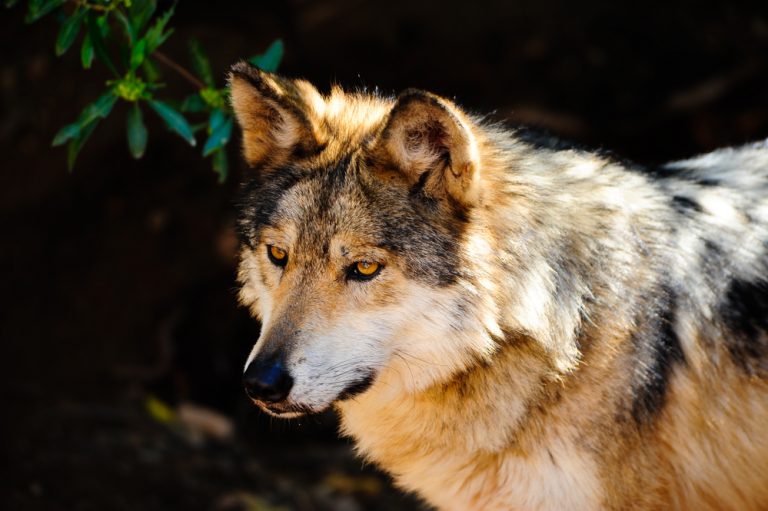Dogs And Wolves: Studies Reveals Wolves Are Better Problem Solvers
Dogs and Wolves: Researchers try to find out which of these animals is the better problem solver.

In comparing wolves and dogs, are wolves better problem solvers than dogs? Experiments seeking answers to this question have produced surprising results. It appears wolves fare better at even basic problem solving than dogs.
A study published in the open access journal, Scientific Reports, shows that dogs perform poorly when compared to wolves in tasks that require understanding physical characteristics or causal connections. The study made comparisons between the cognitive abilities of wolves, domestic dogs, and stray dogs.
What The Studies Found
Revelations from this study led by Lampe and colleagues suggest that domestication and closeness to humans have altered the problem solving abilities of dogs. Another series of experiments published in Biology Letters offers similar conclusions.
In one of the experiments led by Udell at the Oregon State University, ten domesticated dogs, ten shelter dogs, and ten wolves were shown a tasty sausage that they were allowed to smell and not eat.
The sausage was then stored away in a container with a lid connected to a rope.
In order to eat the sausage, they had to hold down the container and pull the rope. In this task, the wolves outsmarted the dogs.
Why Are The Wolves Outsmarting The Dogs?
Scientists believe that because of the close association between dogs and humans, dogs have become more and more dependent on their human owners. Because of this, they are somewhat “helpless” when complex situations arise.
Hence, domesticated dogs seem to have lost most of their natural skills that helped them survive in the wild. Wolves, on the other hand, have continued to evolve. They’ve had to fend for themselves and survive persecution and other pressures out in the wild.
Many species especially the gray wolf have had to adapt and survive relentless hunting by humans time and again over the centuries. So, they’ve had to adapt and improve on their survival/stealth skills.
Because domesticated dogs have not faced this kind of evolutionary pressure, their cognitive abilities have gradually become stagnant. Another factor might be that dog breeders mostly select animals for behavioral and physical traits rather than their problem solving skills.
Dogs may have lost part of their problem solving abilities because of continuous dependence on humans.
Dogs And Wolves: Understanding Cause And Effect
During the experiments, researchers observed that the wolves were better than dogs at understanding cause and effect.
For example, when they have to choose between two containers, one with food and one without it, wolves are more likely to choose the correct container. They are able to quickly understand certain communicative cues such as pointing and eye contact, and causal cues such as noise to choose the correct container.
Similarly, the wolves studied were better than dogs even in communication with humans.
This comes as a surprise because it is commonly believed that dogs are highly interactive with humans. Wolves are better than dogs in understanding subtle cues like eye contact. Therefore, they also outperform dogs in their communication with humans.
While it is clear that wolves are “smarter” than dogs, note that these studies are based on a small sample size.
Furthermore, these studies haven’t compared domesticated wolves and wild dogs. It is therefore still too early to accept the findings in totality.

